vinblastine dogs
$70.00 Original price was: $70.00.$65.00Current price is: $65.00.
Vinblastine dogs
Vinblastine is a chemotherapy drug commonly used in veterinary medicine to treat various types of cancer in dogs.
It belongs to the class of medications known as vinca alkaloids and works by inhibiting cell division, making it effective against rapidly dividing cancer cells.
Vinblastine is typically administered to dogs diagnosed with conditions such as lymphoma or mast cell tumors.
The appropriate dosage and administration method depend on the specific condition being treated.
Understanding the use of vinblastine in dogs is crucial for pet owners seeking effective treatment options for their canine companions.
Vinblastine Dogs
Introduction to vinblastine dogs
Vinblastine has emerged as a vital treatment option for dogs diagnosed with certain types of cancer.
As more pet owners seek effective therapies, understanding the use of vinblastine in dogs becomes essential.
This article will explore the various forms and dosages of vinblastine, how it is administered, potential side effects, and strategies for managing those side effects effectively.
Forms and Milligram Strengths(vinblastine dogs)
Vinblastine is typically available in injectable form, which is the most common method of administration in veterinary practice.
The standard strength for veterinary use is usually 1 mg/mL, but the dosage may vary based on the dog’s size and the type of cancer being treated.
Injection: Vinblastine is administered as an intravenous (IV) injection by a licensed veterinarian.
This method allows for immediate action, which is crucial in treating aggressive forms of cancer.
The exact dosage will depend on the specific condition being treated, the size of the dog, and the veterinary protocol.
It is essential for pet owners to consult their veterinarian for the appropriate dosage tailored to their dog’s needs.
How to Take Vinblastine(vinblastine dogs)
Vinblastine is administered by a veterinarian, typically as an IV injection.
The frequency of administration can vary depending on the treatment protocol but is often given once every one to two weeks. It is crucial for pet owners to follow their veterinarian’s instructions carefully to ensure safe and effective treatment.
Before administration, veterinarians may conduct blood tests to assess the dog’s overall health and ensure that the treatment is appropriate. Following the injection, the veterinarian may monitor the dog for any immediate reactions.
Side Effects of Vinblastine(vinblastine dogs)
While vinblastine can be effective in treating cancer, it may also cause side effects. Common side effects in dogs include:
Vomiting
Diarrhea
Loss of appetite
Lethargy
Hair loss
In some cases, more serious side effects such as low white blood cell counts or allergic reactions can occur. It is essential for pet owners to monitor their dogs closely and report any concerning symptoms to their veterinarian.
How to Combat Side Effects(vinblastine dogs)
Managing side effects is an important aspect of treatment with vinblastine. Here are some strategies to help alleviate discomfort:
Hydration: Ensure your dog has access to fresh water at all times, especially if they experience vomiting or diarrhea.
Dietary Adjustments: Offer small, bland meals to help manage nausea and maintain nutrition. Foods such as boiled chicken and rice can be beneficial.
Rest: Allow your dog to rest and recover, as they may feel more tired than usual during treatment.
Regular Veterinary Check-ups: Frequent visits to the veterinarian can help monitor blood counts and overall health, allowing for timely adjustments to the treatment plan if needed.
Conclusion(vinblastine dogs)
In conclusion, understanding the use of vinblastine in dogs and proper administration of this medication can significantly enhance treatment outcomes for dogs with cancer. With its effective formulation and targeted action, vinblastine offers hope for many canine cancer patients. However, awareness of potential side effects and effective management strategies are crucial for a successful treatment journey.
By providing comprehensive information about vinblastine, veterinarians can help pet owners navigate the complexities of canine cancer treatment and ensure that their furry companions receive the best possible care. This understanding can lead to informed decisions and improved quality of life for dogs undergoing treatment.
| Injectable Solution | 1mg/ml |
|---|
Be the first to review “vinblastine dogs” Cancel reply
Related products
GENERAL PRESCRIPTION MEDICATIONS
GENERAL PRESCRIPTION MEDICATIONS
GENERAL PRESCRIPTION MEDICATIONS
GENERAL PRESCRIPTION MEDICATIONS
GENERAL PRESCRIPTION MEDICATIONS
GENERAL PRESCRIPTION MEDICATIONS
GENERAL PRESCRIPTION MEDICATIONS
GENERAL PRESCRIPTION MEDICATIONS



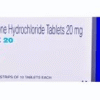

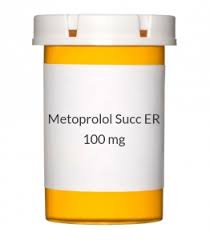
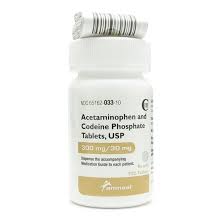
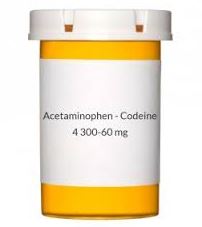

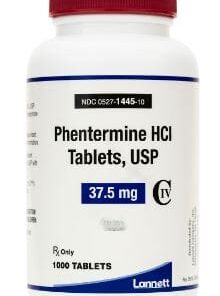
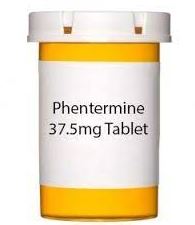
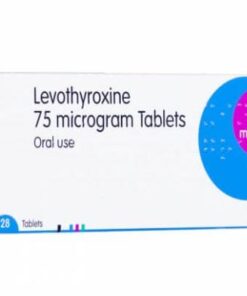
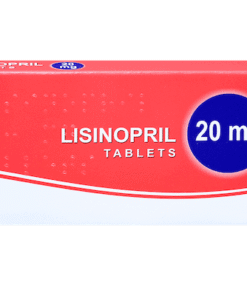
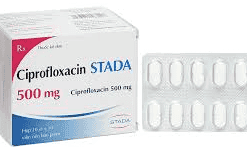
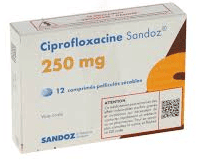
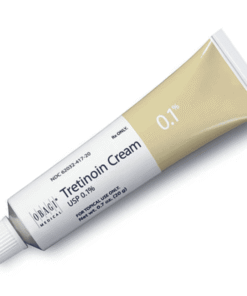
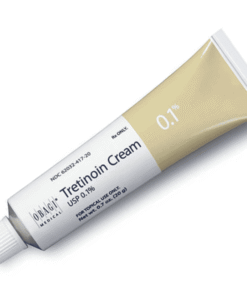
Reviews
There are no reviews yet.